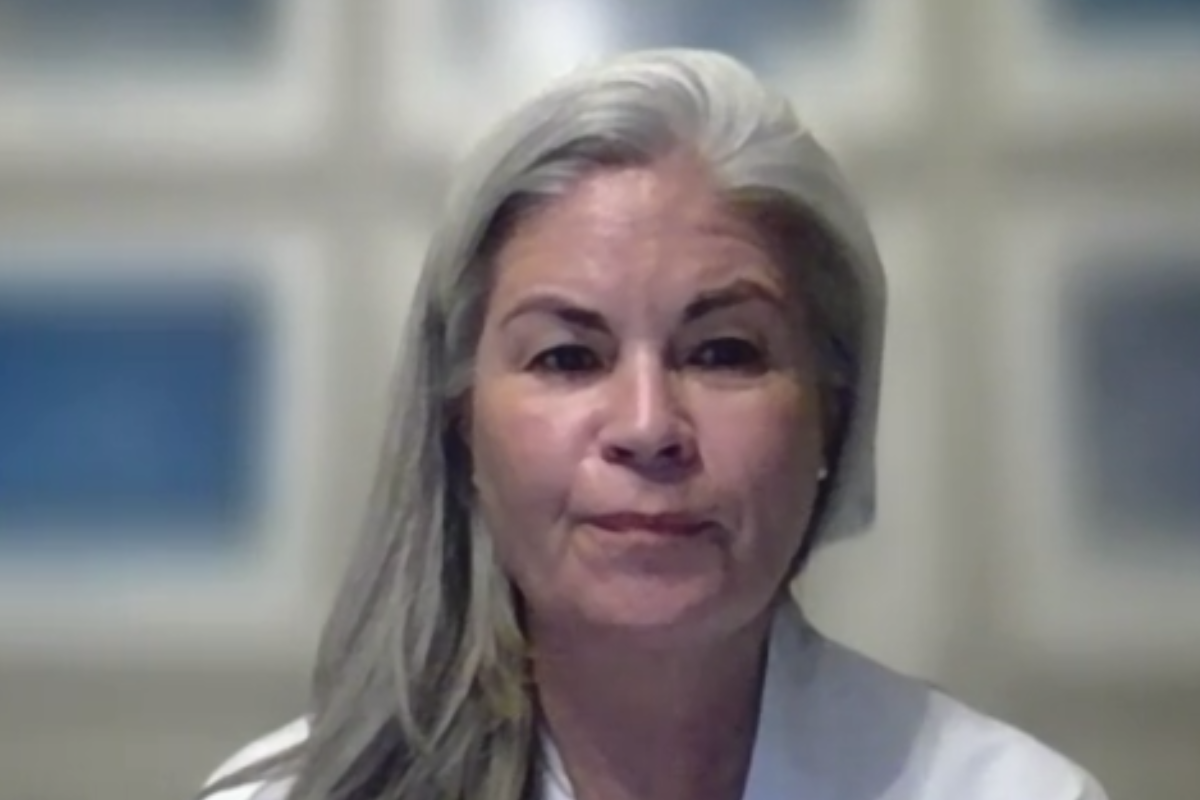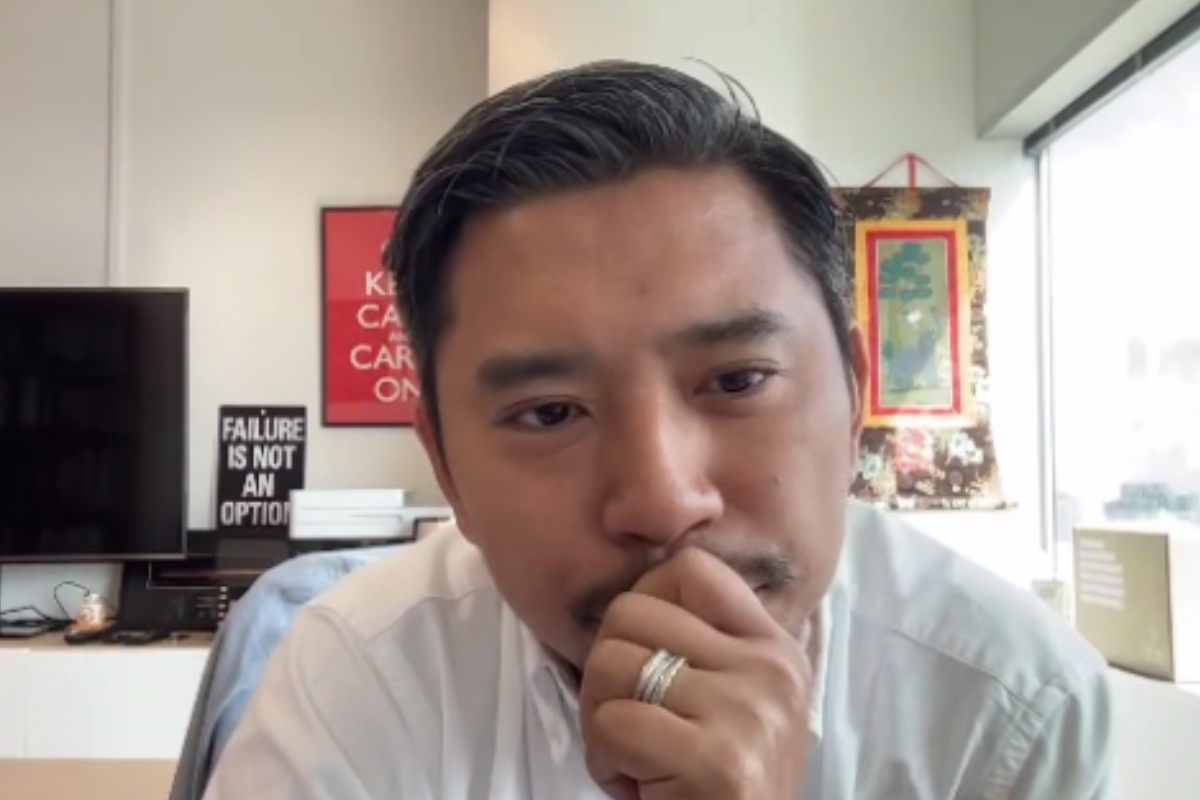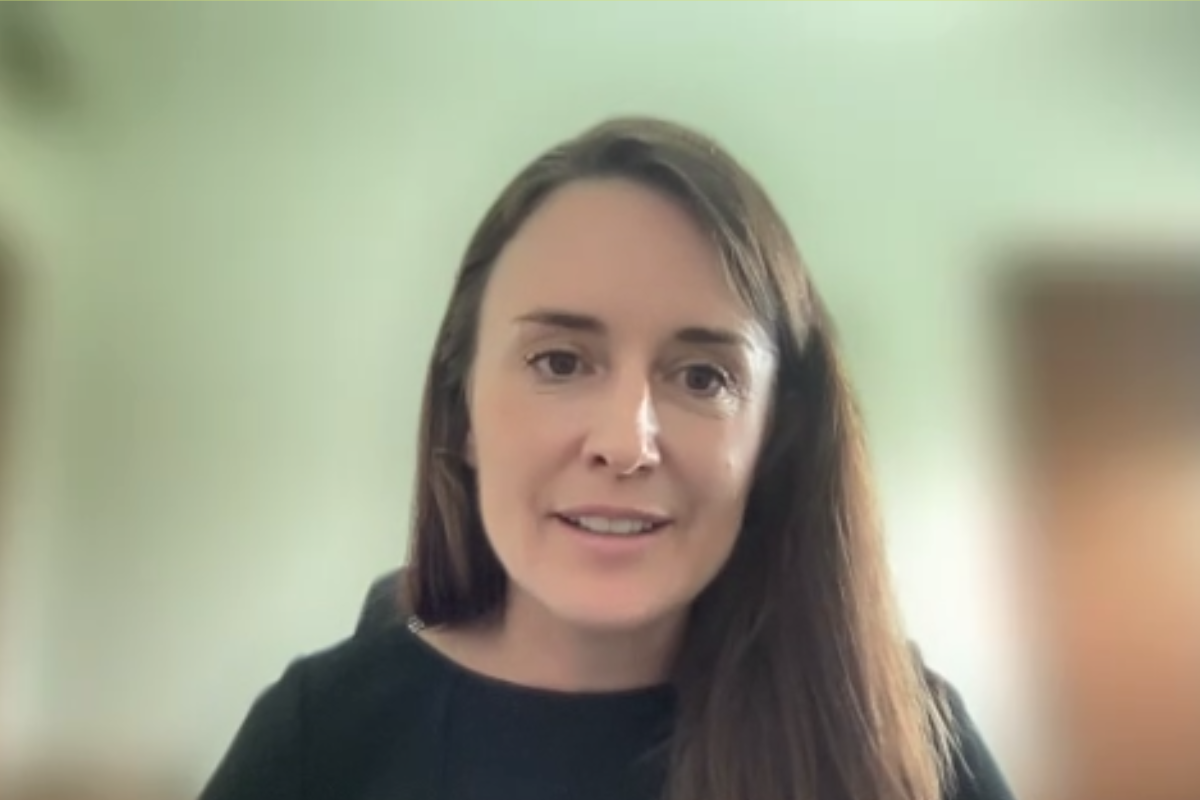As burnout increases in the social change sector, what role can funders in Asia play in creating a culture of wellbeing for grantees?
BY NANCY CHANG
Leaders in the social change sector continuously advocate for important social issues and are drivers of progress in our world. However, in the pursuit of promoting wellbeing and improving the living quality of people in need, non-profit heroes oftentimes neglect their own. The pandemic has unveiled the widespread feeling of burnout in the social change sector, and along with it, a growing demand for wellbeing support. Thus, APC sought to examine the role of philanthropy in this burnout crisis and what funders can do to help support their grantees’ wellbeing.
In APC’s dialogue on wellbeing in March 2022, Dana Preston from The Wellbeing Project, CR Hibbs from the Robert HN Ho Family Foundation Global, and APC members Nicky Wilkinson from Firetree Philanthropy and Martin Tan from The Majurity Trust each discussed how their organisations are helping to catalyse the culture of care in the social change sector.


Current practices in the social change sector are unsustainable because leaders feel the pressure to do more, but are constantly faced with the challenge of limited resources. They are also continuously tasked with finding solutions for problems, which, over a long period of time, can cause fatigue and burnout. Seeing a need to change the culture of wellbeing in NGOs, The Wellbeing Project emerged to introduce wellbeing practices and policies into organisations to ensure that their impact can be more sustainable, collaborative, and innovative. Through workshops and learning journeys, TWP has inspired organisations to establish practices to support the wellbeing of their staff—such as creating emergency funds dedicated to wellbeing, mental health protocols, and checking in on the personal wellbeing of teams.
However, promoting wellbeing has its own set of challenges unique to Asia. Nicky and Martin shared their experiences and challenges in adopting care practices for their grantees. The concept of “wellbeing” (a term they both avoid) remains controversial in the region. It is potentially seen as a sign of weakness and an inability to cope in a performance-driven culture. The concept, while growing in popularity, needs to be reframed to better adapt to the local context, while allowing organisations to decide for themselves what sort of support they feel is most beneficial for them.


Additionally, traditional power dynamics in funder-grantee relations in the region focus on productivity and output, which discourage conversations on one’s wellbeing. Funders who want to support the wellbeing of their grantees should thus take the first step, explicitly signalling their wish to support them. These can take on many forms—Martin shared that The Majurity Trust has offered deadline extensions during periods of stress and simplified the process of grant applications to reduce administrative burdens on staff. Acknowledging challenges, and explicitly affirming efforts are crucial in establishing a trusting relationship where grantees feel comfortable expressing their needs.
Foundations and organisations that want to help but unsure of how to start can first listen to the needs of their grantees, stressed Nicky, as well as demonstrate an authentic desire to support and trust grantees to use funding as they best see fit. Funders can also learn from other organisations that have successfully implemented these practices in their work culture—such as Hong Kong-based Manan Trust, which granted its staff $5,000 during the height of the pandemic to use however they saw fit to improve staff wellbeing. Firetree Philanthropy has also been looking to provide sabbatical programmes for its grantees similar to that of the Durfee Sabbatical Programme from Durfee Foundation, which offers up to six organisations yearly a grant to travel, reflect, or renew.
However, funders must be careful not to turn wellbeing into a checkbox, warned Martin. Practices of care must stem from a place of genuine care and not obligation and funders also need to ensure that this support is authentic, effective, and can be further baked into the social change sector.
To further legitimise the promotion of wellbeing in the sector, The Majurity Trust is working with higher education institutions in the UK to develop quantifiable measures for wellbeing and a scale that is able to predict the return of investment in wellbeing support. It is with high hopes that this research will encourage more organisations in Asia to see wellbeing as a priority not just for their staff but for themselves as well.
While this is an emerging conversation, there also needs to be a change in the narrative of wellbeing support from being something that is ‘nice to have’ to something that is integral to the work of social change. If NGOs wish to have human-centred initiatives and impact, then organisations themselves must also be human-centred.
Funders are in a position which allows them to ensure their grantees are provided with the support they need to continue doing good in a sustainable fashion. The culture of care can, and should be, further integrated into the sector to create a field that strives to do good—both for the world, and for the people who work in the sector.
